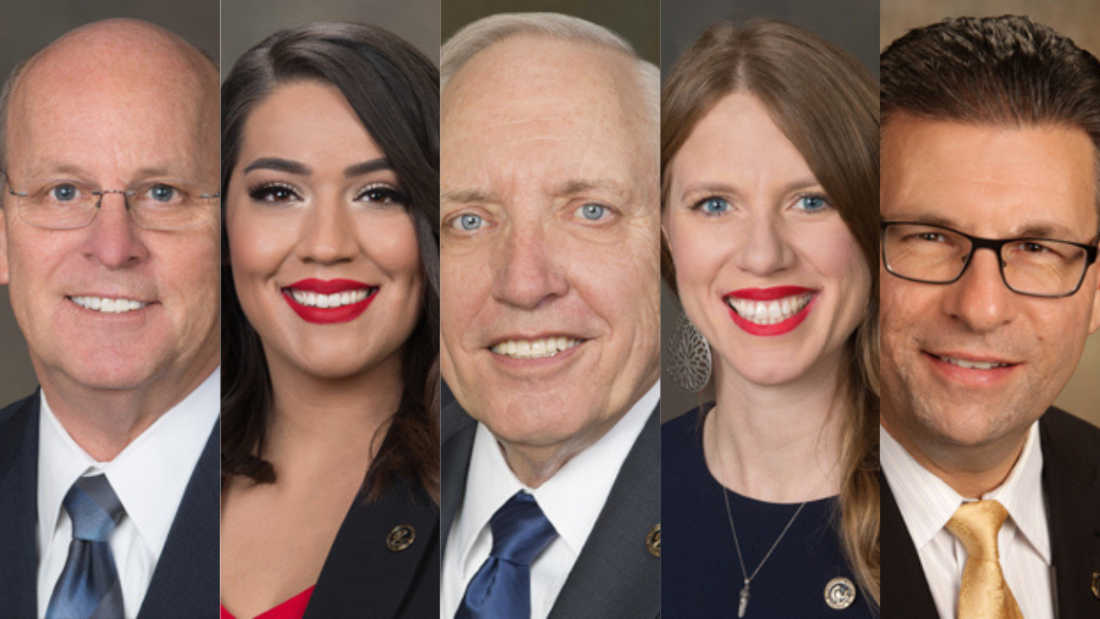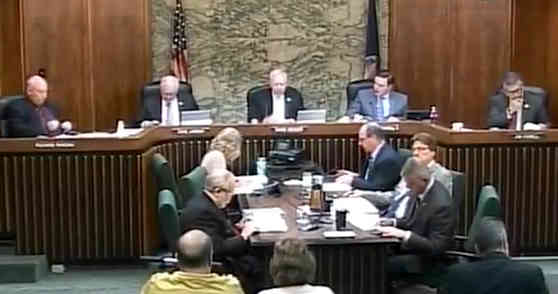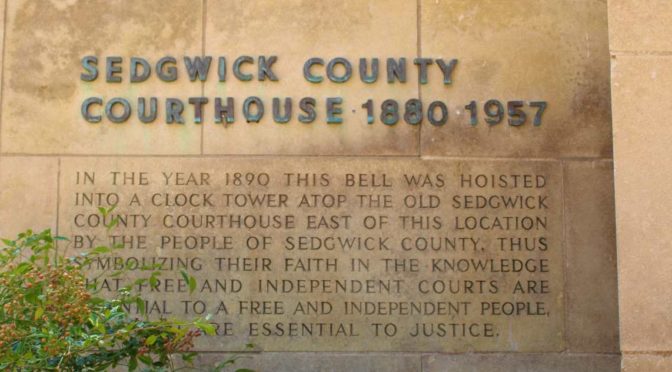Tag: Jim Howell
-

Recent Economic History in Sedgwick County
When deciding whether to vote for incumbent Sedgwick County Commissioners, consider the recent economic history of the county.
-

Consider Sedgwick County EMS as You Vote
One of the most important functions of Sedgwick County is providing emergency medical services (EMS). In this, the county has failed.
-

Unruh recollections disputed
A former Sedgwick County Commissioner disputes the narrative told by a retiring commissioner.
-

Sedgwick County tops $434K in extra personnel costs
Sedgwick County has spent $434,663 in costs relating to the separations of two members of top management.
-

Sedgwick County Manager epitomizes duty, honor, country
General Michael Scholes epitomizes “duty, honor, country.” I repeatedly saw this demonstrated in the past, as well as more recently as he continues to demonstrate his personal integrity, writes Karl Peterjohn.
-

Déjà vu scandals in Sedgwick County government
The Sedgwick County Commission scandals are an outrage for me. I must speak out against the appalling revelations that provide explicit evidence of illegal misconduct in our county government, writes Karl Peterjohn.
-

From Pachyderm: Sedgwick County Commission candidates
From the Wichita Pachyderm Club: Republican Candidates for Sedgwick County Commission. Appearing, in order of their initial appearance, were: Richard Ranzau running in District 4, Pete Meitzner in District 1, and Jim Howell in District 5.
-

Is the pursuit of intergovernmental grants wise?
Is the pursuit of intergovernmental grants wise? Would local governments fund certain programs if the money was not seen as “free?”
-

For Sedgwick County Commission, too much debate
By moving to end motions and debate, the Sedgwick County Commission isn’t effectively serving citizens and taxpayers. Yesterday’s meeting of the Sedgwick County Commission offered an opportunity to learn how we can improve local government. The issue the commission was considering, significant in its own right, is not important to the following discussion. It’s the…